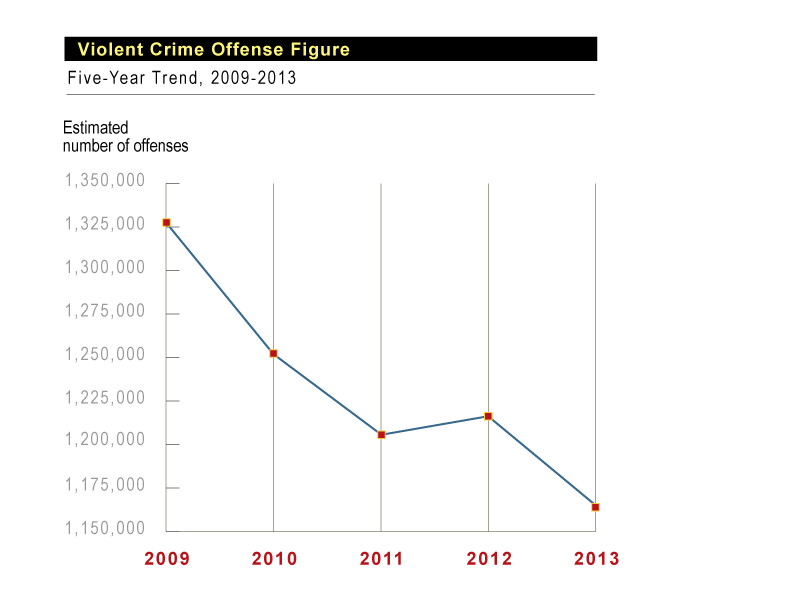Deciding on November
I’ve been busy lately. I have new responsibilities with the Rancho Cordova River City Concert Band. I still have projects to complete at work, and due to unfortunate illness, I have one less person to help me complete those projects. There’s fundraisers to shepherd. There’s music to learn. And throughout all of that, I should probably stay in touch with my family.
So, I willingly gave up on Blog-tober. I had a good head of steam going there for a couple of days, where I was writing on subject matters that meant something to me. And, to my surprise, people responded. It felt strange, because people I didn’t think were reading my posts were approaching me about them. It was satisfying, and humbling, and a bit frightening.
Something had to give, though. I pulled the plug, took a step back, and tried to catch my breath. I stated at the beginning of the month that if I couldn’t complete Blog-tober, I didn’t stand a chance of completing NaNoWriMo. So is that it, then? Do I give up?
Honestly, I don’t know. I still have more editing to do. Maybe I should focus on editing the second draft of The Repossessed Ghost, and not worry about starting a new novel this year. I already have two other unfinished first drafts weighing on my conscience. Do I really need a third?
But then again, I’ve been thinking about a science fiction story. Something involving life on the moon in a big spinning drum. A story with nearly sentient robots and virtual reality. A story about an improbable crime, and a man caught in the middle. He has to figure out what happened before someone else gets hurt.
I don’t know what the right thing to do is. I have so much on my plate already. What would I get from trying to write another story in November? At best, I’d have another first draft that would need editing, and the right to buy another “I won at NaNoWriMo” t-shirt. At worst, I’d have another start of a story, and all the feelings of failure that come with that.
I enjoy the Sacramento NaNoWriMo community. I like going to the write-ins, and joining the word wars, and chatting with folks in IRC. Will I have time for any of that, with everything else that’s going on?
October still has a few days left. I can think on it a little bit longer. While I think about it, I should consider the following:
- I won’t be able to write at all on Mondays and Tuesdays. Those days are simply too full.
- I won’t have time to edit The Repossessed Ghost, so that will languish for a month. I really want to have the next draft finished before the end of the year.
- The story idea I have in mind is a third person story, and I don’t write in third person very quickly.
- Assuming Thursdays and Fridays are also too full for writing, I would have 13 days (Wednesdays, Saturdays, and Sundays) to write 50,000 words. That’s nearly 4,000 words every time I sit down to write in the month of November.
It sounds like a challenge. But it also sounds like pointless self torture. How masochistic am I?

